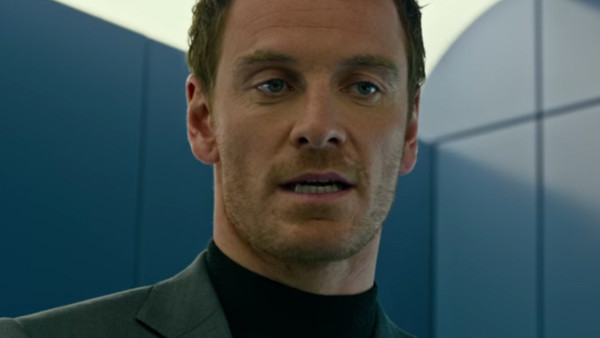What Does The Ending Of X-Men: Apocalypse Really Mean?
The Mutant Debate Has Been Paused

One of the biggest changes to the X-Men canon is the role of Magneto and Mystique, who have moved from supervillains in the original trilogy to anti-heroes in the First Class series. As Apocalypse ends, Raven is a teacher at the school and, while he's not fully on side, Magneto's certainly not working against them any more; he helps rebuild the mansion and departs calling Charles "Professor". We still get the hints of differing ideology - the final exchange is a direct dialogue lift from the end of the first X-Men - but there's an amicability between these two we've never seen before.
This poses some integral wider questions about the state of the mutant debate. Despite the evolved humans having threatened the destruction of the Earth (and succeeded in decimating much of some major cities), the general mood at the end of the film is one of greatfulness; the generals in the war room conclude by praising the X-Men for stopping Apocalypse, rather than bemoaning the existence of such a powerful being.
The destruction of Auschwitz in the middle of the film serves as a metaphor for this shift, drawing a line under the long-standing Holocaust parallel and suggesting we're moving into a new future. Of course, with the flowing river timeline, war is inevitable, so this won't last, but it does appear like there is, at least temporarily, peace.